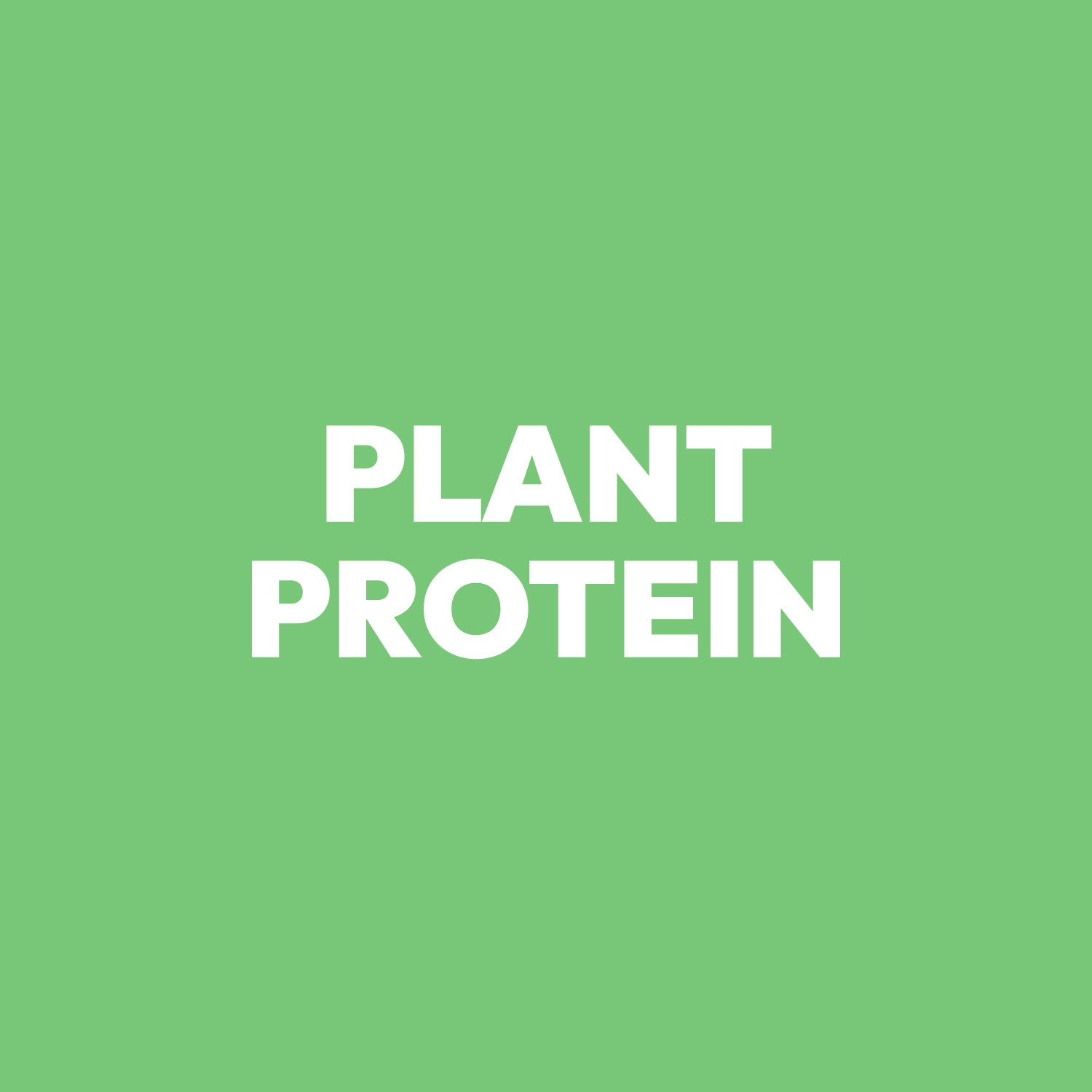

Is Plant Protein More Sustainable?
Let’s cut straight to it — is plant protein more sustainable? Absolutely.
Compared to animal proteins, plant based proteins generate 4–7 times fewer greenhouse gas emissions, consume up to 10 times less land and water, and create a much smaller environmental footprint across the entire food production cycle.

By 2030, if half of global protein consumption shifts to plant based alternatives, the world could reduce greenhouse gas emissions by more than 31 million tonnes per year. That’s not just sustainable — that’s transformational for climate change and global food systems.
The Environmental Impact of Plant Based Proteins vs Animal Based Foods
When comparing plant based foods and animal based foods, the difference in environmental impact is staggering.
Traditional meat production — especially beef and dairy food — is a top contributor to greenhouse gases, mainly methane and nitrous oxide. These gases have up to 30 times the warming potential of carbon dioxide.
Meanwhile, plant protein sources such as soy protein, pea protein, lentils, and chickpeas require a fraction of those resources while providing high-quality dietary protein and essential nutrients for human nutrition.
|
Protein Source |
Water Use (L/kg) |
Land Use (m²/kg) |
GHG Emissions (kg CO₂eq/kg) |
|---|---|---|---|
|
Beef |
112,000 |
164 |
89.8 |
|
Pork |
44,000 |
52 |
28.4 |
|
Chicken |
27,000 |
34 |
18.2 |
|
Whey Protein (milk protein) |
31,000 |
42 |
24.1 |
|
Soy Protein |
18,000 |
15 |
4.6 |
|
Pea Protein |
14,000 |
12 |
3.8 |
|
Lentils |
12,000 |
8 |
2.9 |
So, yes — even the most processed plant based protein powders still deliver a smaller environmental footprint than animal based proteins like whey or meat.
Plant Based Meat, Meat Analogs, and Food Processing Innovations
The rise of plant based meat alternatives — also known as meat analogs — is shaking up the global food industry.
These plant derived proteins are created through advanced food processing methods that replicate the texture, protein structure, and flavour of conventional meat. Think pea protein, soy protein, and rice protein, all combined with natural fats and fibres to make burgers, sausages, and nuggets that look and taste like meat — but without the environmental impact of livestock farming.
While food processing does use some energy and water, innovations like low-temperature protein extraction and enzyme-assisted processing are improving environmental sustainability and protein digestibility.
Food Production, Agriculture, and Sustainable Food Systems
The global food and agriculture organisation (FAO) has long emphasised that sustainable food systems are essential to ensuring food security and human health.
Plant based food production aligns perfectly with these goals because it:
-
Uses fewer natural resources like water and soil.
-
Reduces animal feed demand and land competition.
-
Minimises food waste through more direct human consumption of crops.
When agriculture focuses on plant based protein sources, it helps conserve biodiversity and supports environmental sustainability — key pillars of a sustainable diet and resilient food systems.
Whey Protein vs Plant Based Protein Powders: A Nutritional Face-Off
Whey protein, derived from dairy products, remains popular in fitness circles — but it’s far from eco-friendly. Its food production process contributes heavily to greenhouse gas emissions, water use, and waste streams from dairy food manufacturing.

On the flip side, plant based protein powders made from pea protein, soy protein, or rice protein offer:
-
High protein content and excellent protein digestibility
-
A complete set of essential amino acids when blended properly
-
No animal based ingredients, lactose, or hormones
Modern food science has made plant proteins more bioavailable and balanced. Advanced protein aggregation and oil binding capacity improvements help mimic the creamy texture of whey without compromising on protein quality.
The Role of Essential Amino Acids in Human Nutrition
Proteins are made of amino acids, some of which are “essential” — meaning our bodies can’t make them.
Plant based proteins sometimes lack one or two essential amino acids, like methionine (a sulfur containing amino acid) or lysine. But combining various plant based proteins (for example, grains with legumes) creates complete high quality plant proteins that match animal proteins nutritionally.
This smart mixing — paired with digestive enzymes and proper cooking — enhances protein intake, digestibility, and amino acid balance, supporting both human health and sustainable diets.
Plant Based Foods and the Health Benefits of Sustainable Diets
Choosing plant based foods isn’t just good for the planet — it’s great for human health too.
Plant based diets are linked with:
-
Lower risk of heart disease and type 2 diabetes
-
Improved gut health thanks to dietary fibre
-
Reduced inflammation and oxidative stress
-
Better nutrient density per calorie
By prioritising plant proteins over processed meat or animal based foods, you’re improving your dietary protein quality, supporting food safety, and reducing your environmental footprint — all at once.
Alternative Protein Sources and Innovation in Protein Production
The future of alternative protein sources looks bright — and diverse. Beyond peas and soybeans, food manufacturers are exploring:
-
Algae proteins, rich in omega-3s and complete amino acid profiles
-
Fungi and mycoproteins, offering high protein content and excellent texture
-
Fermented plant derived proteins with improved digestibility and taste
These alternative proteins can help reduce greenhouse gas emissions even further and strengthen sustainable food systems worldwide.
Reducing Food Waste and Supporting Environmental Sustainability
One hidden benefit of plant based protein production is food waste reduction. When crops are used directly for human consumption instead of animal feed, we lose far less food along the way.

Plus, protein extraction byproducts like fibre and starch can be reused in other food products, animal feeds, or even biogas — closing the loop in a circular food system.
This efficient use of raw materials makes plant proteins a true sustainable protein source for the future.
The Future of Plant Based Alternatives in the Food Industry
By 2030, alternative proteins — from plant based meat to fermented protein supplements — are expected to account for up to 30% of global protein markets.
This shift is driven by consumers who care about environmental sustainability, food security, and human nutrition. With the right policies and continued innovation in food science, plant based products could easily surpass conventional meat production in both scale and sustainability.
Final Thoughts: Building a Greener, Healthier Food Future
So, is plant protein more sustainable? Without a doubt.
From lower greenhouse gas emissions to improved protein digestibility and food waste reduction, plant based proteins offer a simple yet powerful solution to the environmental challenges facing global food production.

They’re better for your body, better for the planet, and a core part of truly sustainable diets that nourish both people and the Earth.
Discover High Quality Plant Proteins from Botanika Blends
Ready to embrace a greener, cleaner, and tastier way to power your day? 🌿
Check out Botanika Blends — where you’ll find plant based protein powders, protein rich foods, and natural plant based products made right here in Australia.
Delicious, sustainable, and crafted with love for you and the planet. 💚
Share:
FAQs about plant protein and sustainability
More blogs
-

Creatine Monohydrate: Complete Review
Creatine is for everyone – not just bodybuilders, but athletes, fitness enthusiasts, and people seeking better health Botanika Blends Creatine Monohydrate is Australia's best plant-based creatine – vegan, clean, effective 3g per serving of pure creatine monohydrate – scientifically proven to work Supports...
-

Botanika Blends Plant Protein Powder: Complete Review
The Quick Rundown Botanika Blends is Australia's best plant-based protein powder – organic, clean ingredients, actually tastes good All 3 flavours are delicious – Vanilla Cake Batter, Strawberries & Cream, Choc Peanut Butter Up to 26g complete plant-based protein per scoop – all 9 essential amino...
-

Plant-Based Protein Smoothie Recipes: 20 Easy Ideas
The Quick Rundown Smoothies are the easiest way to add plant-based protein – 5 minutes, no cooking, delicious You need just 5 basic ingredients – liquid, protein, fruit, greens, toppings Botanika Blends Plant Protein makes it effortless – 25g protein per scoop, tastes amazing...
















